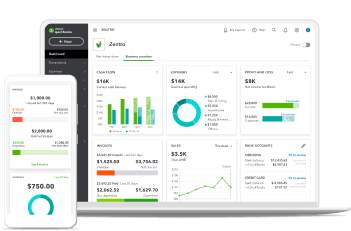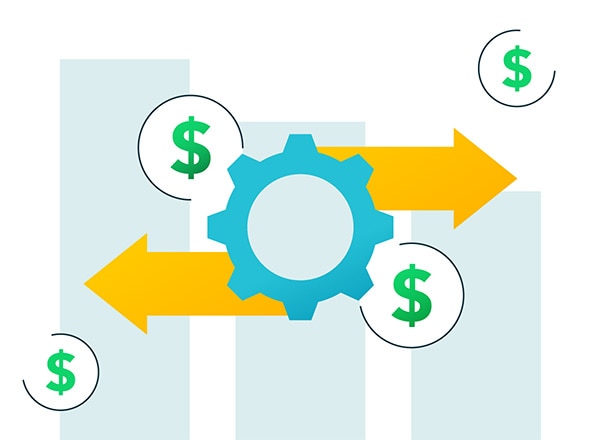A recession can be defined as a sustained period of weak or negative growth in real gross domestic product (GDP) that is accompanied by a significant rise in unemployment rate. This ultimately results in an increase in the price of goods and services. In a recession, consumer spending drops, leading to a reduction in economic activity— buying and selling. The government may have to intervene through various measures—for example, to cut interest rates—to support the economy.
What does this mean for your business? It is anyone's guess, but the number one thing you can do for your business is put together a survival plan to make sure you can ride out this storm—and remain formidable when the skies clear.
Of course, you can take a deep look at your financial statements, and take an in-depth analysis or evaluation of your financial position, but you should always start with the first line item on almost every performance or tax-related form you fill: Income. Let's look at some questions and topics, and several other factors you may not have thought of for this process.








